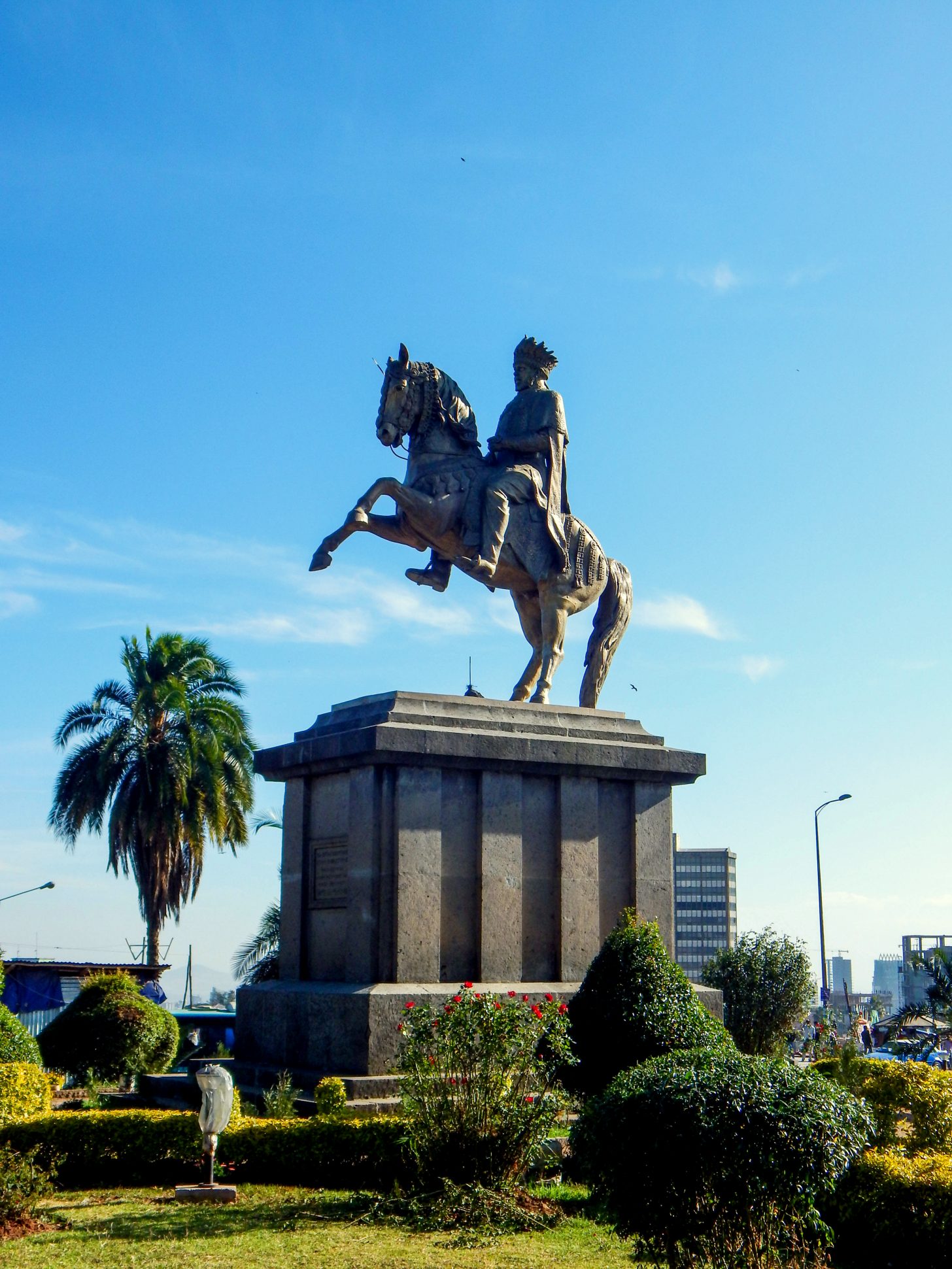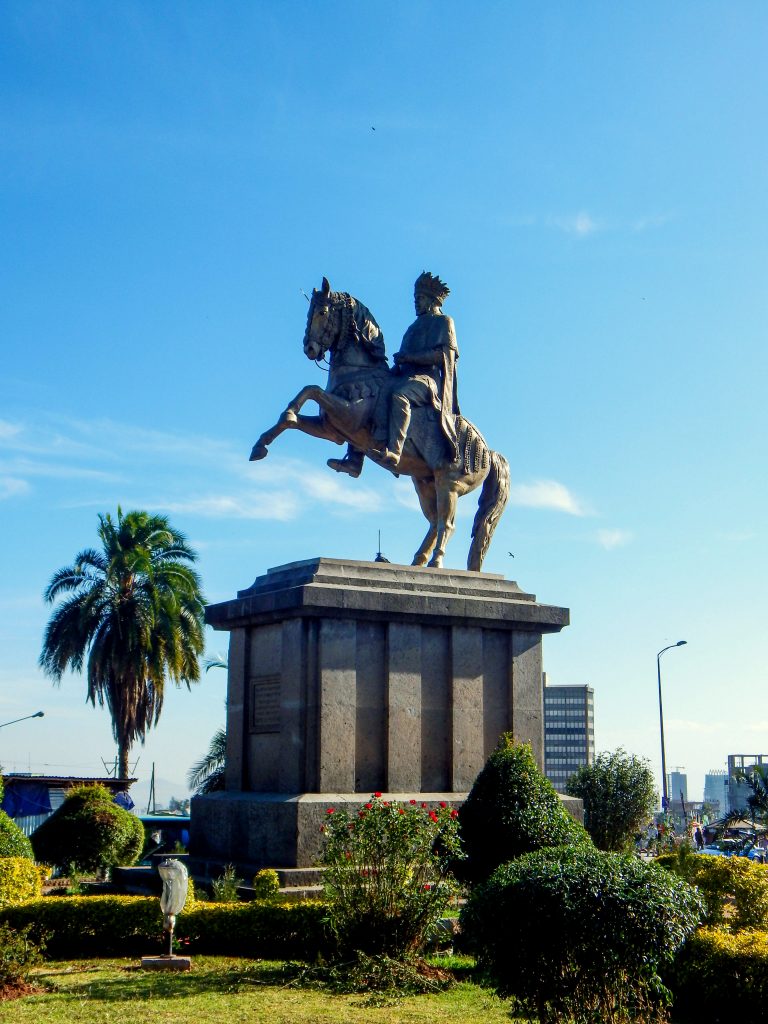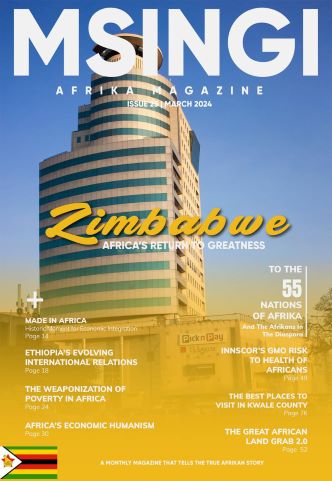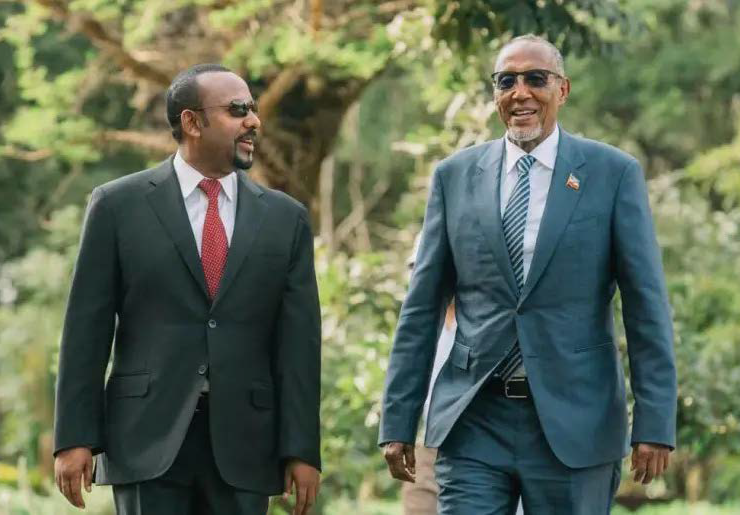Afrika’s Heroes

Passionate about getting God's message concerning Afrika and the end…
EMPEROR MENELIK II OF ETHIOPIA – (1844-1913)

On 1st March 1896 (123 years ago) Italy and Ethiopia were facing off against each other with Italy desiring to enforce the contested Treaty of Wuchale, signed in 1889. The dispute was that one party (Italy) states that Ethiopia was its Protectorate and the other (Ethiopia) claimed that its Amharic version stated no such thing.
The Kingdom of Italy, keen to enforce its authority to cause King Menelik II of Shewa (who was later to become Emperor of Ethiopia) to abide by the Italian version of the treaty. This led to the First Italo-Ethiopian war which ran from 1894 – 1896, with various skirmishes taking place during the two year period, with victories on the Italian side. These battles culminated in the Battle of Adwa (or Adowa) in Eritrea.
It is claimed that a politically pressurized Italian military marched against Menelik II and his troops from the night on 29th February and on the morning of 1st March, while Menelik II was praying and seeking divine guidance for his next move (apparently supplies were running low and he was considering removing his troops on the 2nd of March 1896), his spies spotted the Italians, who had maneuvered themselves into positions of disadvantage during their night march, having little to no knowledge or understanding of the terrain.
The Ethiopians, under Menelik II’s instructions, took their militarily advantageous positions and humiliated the Italians, killing 6,000 of their 17,000 plus troops, capturing 3,000 and driving the rest back into Eritrea.
What this did was force Italy to recognize Ethiopia as an independent state (via the Treaty of Addis Abeba), and even though in 1935 (under Mussolini), they invaded and overran Ethiopia using airplanes and tanks and toxic chemicals occupied Ethiopia for 5 years from 1936, Ethiopia stands as the African country that was never colonized during the years following the Scramble and Menelik II is hailed as a master strategist whose cunning ensured that his military were well armed and prepared for the Battle of Adowa, having skillfully navigated the geopolitics of the day to gain advantage before denouncing the Treaty of Wuchale.
Prior to his victory at Adowa, Menelik II had for years, been focusing his efforts on the expansion of his territories through military conquest, which he was extremely successful at. The only local constraint to his ambition at the time was Emperor Yohannes IV, who, based on accounts, it seemed Menelik II had sufficient deference for not to go to war against during the height of his expansionist campaigns. Instead opting to submit to him, pay an annual tribute, be faithful to him and cease his expansion into European trade routes. In exchange, he was granted the title of King of Shewa by the Emperor. But when the Emperor died, even those in Yohannes’ household had sufficient wisdom not to go against Menelik II. He was far more powerful than they. So Menelik II continued his expansion northward this time, unabated and sought recognition from the Italians as Emperor of all Ethiopia, effectively setting a date with destiny. After the Battle of Adowa, he continued to expand his territories, undeterred by European presence and claim over various regions to the south. He also focused on the modernization and improvement of his territories politically, administratively as well as in terms of physical infrastructure geared at improving the quality of life of his people.
These are my thoughts (based on my knowledge that God has made a choice in every man who has ever or shall ever walk the face of the earth):
Born August 1844 and baptized as Sahle Maryam, Menelik II was the son of a king, Haile Menekot who was King of Shewa before him. However, his father was killed in a battle against Emperor Tewodros and this Emperor took him into a form of captivity that was much like that of Moses and even Daniel and the three Hebrew boys. He was raised as a son of the Emperor, educated like the son of an Emperor and treated like the son of an Emperor, even marrying his captor’s daughter, Altash Tewodros. Possibly he gained much strategic wisdom from being in the courts of the man who had conquered his father that he then later put to use during his own military and political campaigns.
Later, the man to whom he paid tribute recommended a bride for him in Taytu or Taitu Betul (his third wife), who was a vocal player in the triggering of the rejection of the Treaty of Wuchale (which, based on accounts, she even tore up) and even went to battle alongside him during the Battle of Adowa, having triggered her husband and those in his court to stand up against the Italians.
For me, the Battle of Adowa was purely and exclusively the handiwork of God. Through this man’s life, God created a signature moment for him and his people, which also inspired other Africans, even those in the Diaspora. Ethiopia became known as the land that was never conquered. Much has been said to explain away the defeat of the Italians and the decided disadvantages that they had, I’m not sure if it was to temper the embarrassment that the exists in the minds of those who face off against Africans and come away at a disadvantage … I will leave it there.
The circumstances surrounding this man’s life, his training, his circumstances, challenges faced and overcome, strategic moves and countermoves all point to a life chosen to tell a very specific tale about Africa and to Africa, which I pray Africa and Africans will heed in the times to come. For me, that message is: there is an alternate path for Africa and it is worth fighting for. There is a path chosen by God for each man (male and female), and it is worth living it out to the max.
BE INSPIRED
The story of Emperor Menelik 2 is one that gives strength and hope in the midst of adversity, worth in the midst of worthlessness and which every African must glean wisdom and strength from. As an African, you have been made to look weak, unreliable, primitive, dull, unintelligent by those who think our forefathers lived on trees. But that was a lie and will never be true. For you, as an African, came from a long lineage of kings, warriors, emperors, army generals, wealthy tillers of the earth and its resources, those who the kings of other nations outside Africa bowed to in honor and fear. And because the African blood is rich and bold, it means you are also a king, emperor, wealthy and not some aid-begging roadside compromising individual.
The story of Menelik 2 shows the picture of a man who rose from the ashes of grief, failure, disappointment and everything life threw at him, to lead an empire that conquered many lands, a true African indeed. But let me tell you what this means, the entire story of Menelik 2 is just a shadow compared to that of the coming King, Who, as a stone rejected by men in the days of His flesh, will cut out a stone without hands, set it up on the earth as a mountain and will bring to an end the kingdoms of this world. I speak of Christ, the King. For of the increase of His government and peace there will be no end, for upon the throne of David His father shall He sit and over His kingdom, shall He reign, to order it and establish it with judgment and justice, from this time forward, even forever. Be ready!
For counsel and wisdom to live in this age of the end of time, please use the contacts below.
counsel@msingiafrikamagazine.com
What's Your Reaction?
Passionate about getting God's message concerning Afrika and the end times to the world, in order to heal, restore and rebirth Afrika to her true purpose and destiny in God.


















